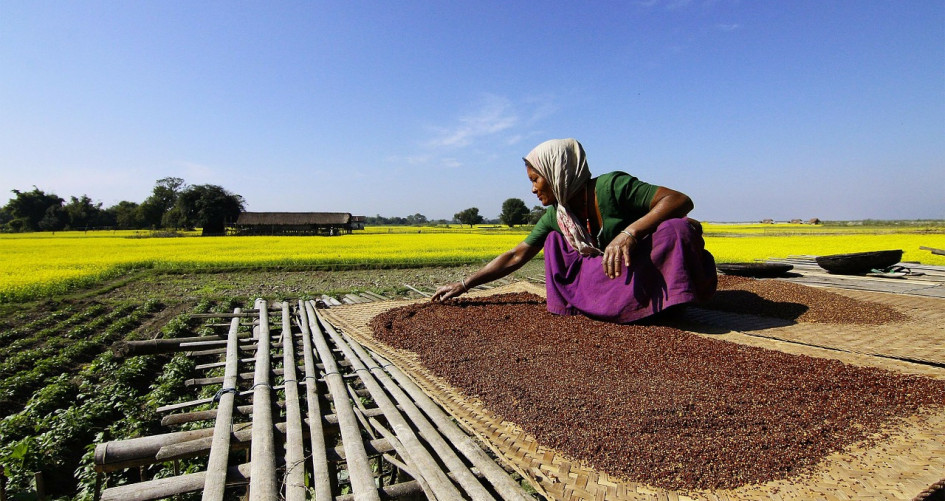SBSTA 40 took note of the report of the in-session workshop on the current state of scientific knowledge on how to enhance the adaptation of agriculture to climate change impacts while promoting rural development, sustainable development and productivity of agricultural systems and food security in all countries, particularly in developing countries, taking into account the diversity of the agricultural systems and the differences in scale as well as possible adaptation co-benefits. The SBSTA also took note of views submitted by Parties (contained in FCCC/SBSTA/2013/MISC.17 and Add.1 and Add.2) and admitted observer organizations.
The SBSTA, recalling Article 9 of the Convention, on the basis of the objective, principles and provisions of the Convention, in accordance with decision 2/CP.17, paragraph 75, continued discussions and concluded that it would undertake scientific and technical work, taking into account the conclusions of SBSTA 38, in the following areas:
(a) Development of early warning systems and contingency plans in relation to extreme weather events and its effects such as desertification, drought, floods, landslides, storm surge, soil erosion, and saline water intrusion;
(b) Assessment of risk and vulnerability of agricultural systems to different climate change scenarios at regional, national and local levels, including but not limited to pests and diseases;
(c) Identification of adaptation measures, taking into account the diversity of the agricultural systems, indigenous knowledge systems and the differences in scale as well as possible co-benefits and sharing experiences in research and development and on the ground activities, including socioeconomic, environmental and gender aspects;
(d) Identification and assessment of agricultural practices and technologies to enhance productivity in a sustainable manner, food security and resilience, considering the differences in agro-ecological zones and farming systems, such as different grassland and cropland practices and systems.
The SBSTA invited Parties and admitted observer organizations to submit to the secretariat their views on issues relating to the elements referred to in bullets (a) and (b) above by 25 March 2015, and requested the secretariat to compile them into a miscellaneous document for consideration at SBSTA 42.
The SBSTA also invited Parties and admitted observer organizations to submit to the secretariat their views on issues relating to the elements referred to in bullets (c) and (d) above by 9 March 2016, and requested the secretariat to compile the views into a miscellaneous document for consideration at SBSTA 44.
The SBSTA requested the secretariat to organize two in-session workshops on the elements referred to in bullets (a) and (b) above, in conjunction with SBSTA 42, and also organize two in-session workshops on the elements referred to in bullets (c) and (d) above, in conjunction with SBSTA 44.
It further requested the secretariat to prepare a report on each of these workshops, with the first two reports for consideration at SBSTA 43, and the other two reports for consideration at SBSTA 45.
The conclusions on this agenda item are contained in document FCCC/SBSTA/2014/2 (paragraphs 81 - 90).

